In an unprecedented global shift toward environmental consciousness, numerous
destinations worldwide have taken bold steps to eliminate single-use plastics from
their territories. These pioneering locations have implemented comprehensive bans
that serve as models for sustainable practices and environmental stewardship.
These destinations are leading the fight against plastic pollution, from remote islands
to bustling metropolises. They demonstrate that a plastic-free future is possible and
is already becoming a reality.
Rwanda, East Africa
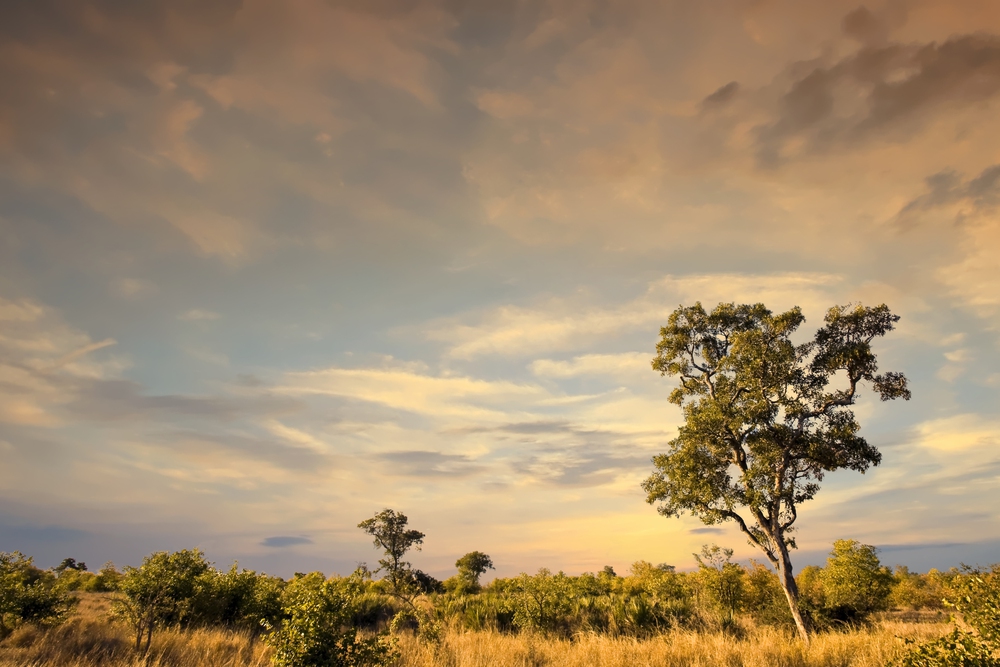
The ‘Land of a Thousand Hills’ has become Africa’s environmental leader, thanks to
a landmark plastic bag ban implemented in 2008. All visitors must leave their plastic
bags at the border when they enter Rwanda, where they are seized and recycled.
This has left the country’s streets and countryside remarkably clean, proving the
effectiveness of those strict enforcement policies.
Vanuatu, South Pacific
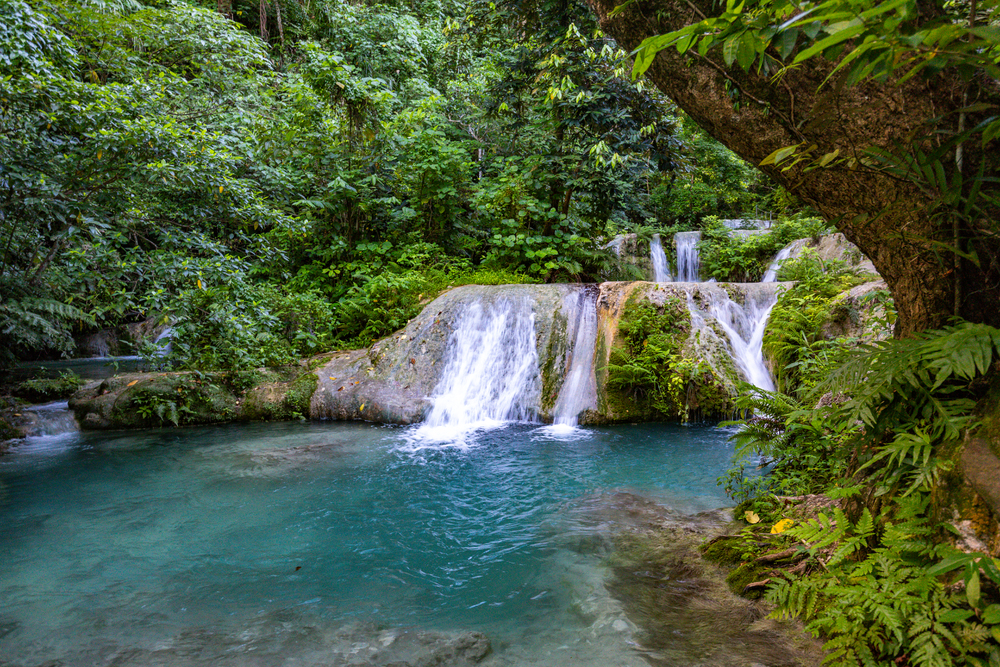
This island country has one of the strictest plastic bans in the Pacific, targeting
everything from plastic bags to disposable diapers. Today, local markets pack
merchandise using traditional banana leaves, and restaurants serve using bamboo
straws.
This has resulted in crystal-clear waters surrounding Vanuatu’s 83 pristine islands.
Like Travel Pug’s content? Follow us on MSN.
Kerala, India
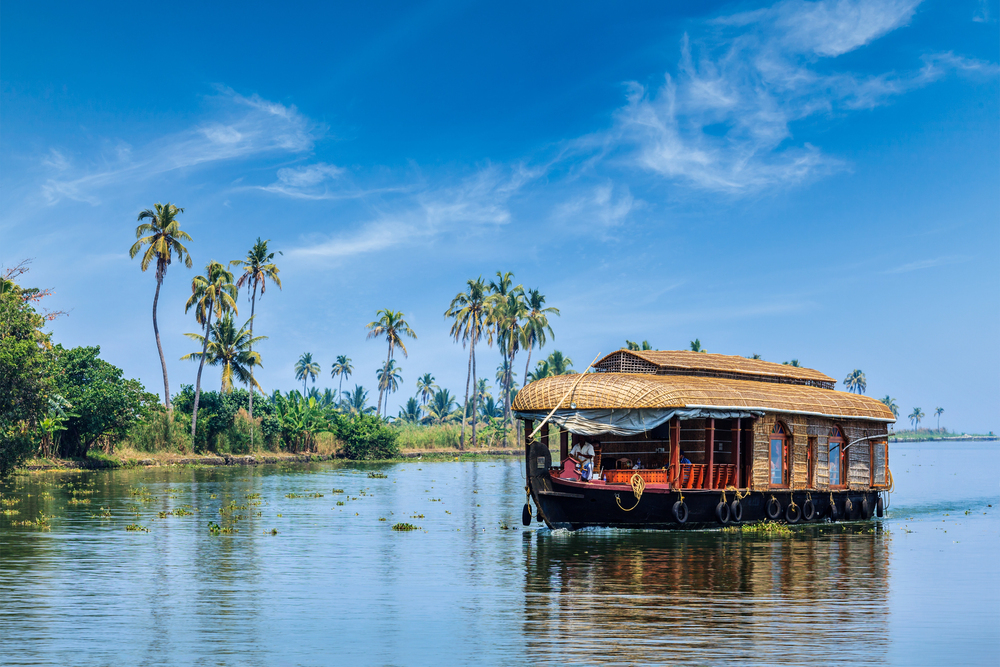
This southern Indian state has completely transformed waste management by
banning single-use plastics in all 14 districts. The local authorities have devised
innovative alternatives, such as ‘cloth banks’ where people can borrow reusable
bags.
This has sparked a cultural shift towards sustainable living practices in the region.
Vancouver, Canada
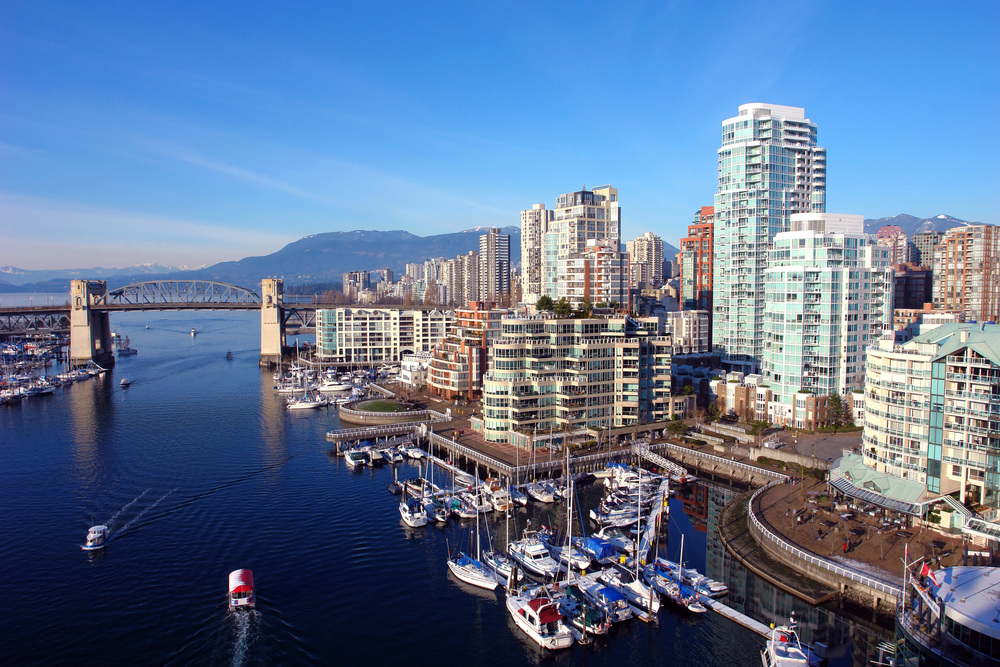
The bustling Pacific coast city has severely banned plastic straws, bags, and takeout
containers. Local businesses have embraced the change by introducing creative alternatives, such as edible cutlery and seaweed packaging.
The city’s innovative approach has inspired similar initiatives across North America.
Dominica, Caribbean
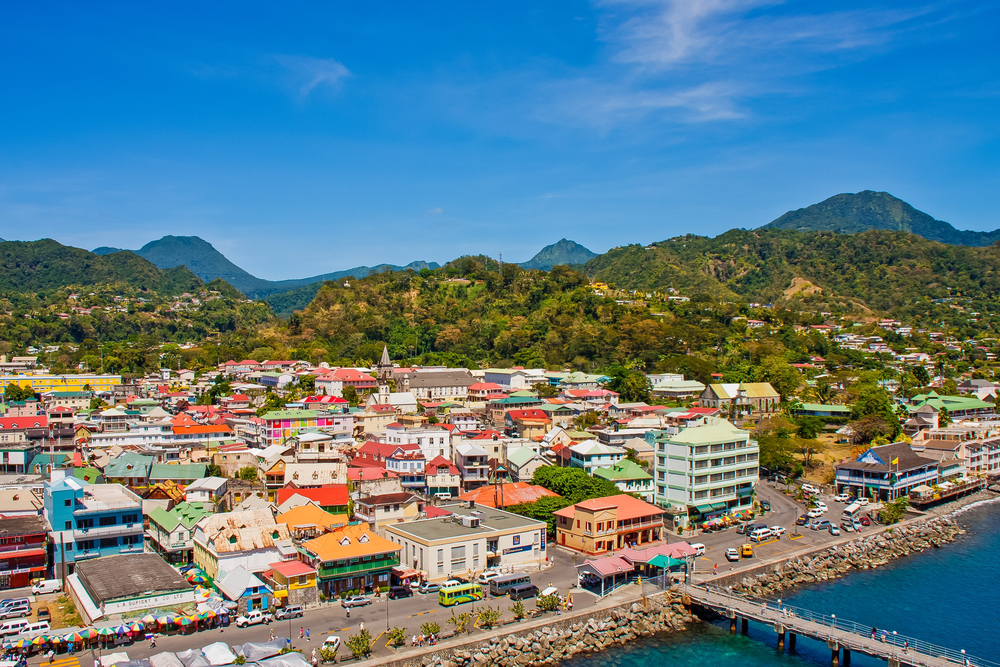
The ‘Nature Isle’ in the Caribbean plans to become a climate-resilient nation while
banning plastics throughout the region, including table wares and containers made
from Styrofoam. Traditional artifacts have been recovered by local craftsmen who
transformed them into homegrown, organically grown product alternatives using
plant-based indigenous sources.
Like Travel Pug’s content? Follow us on MSN.
New Delhi, India
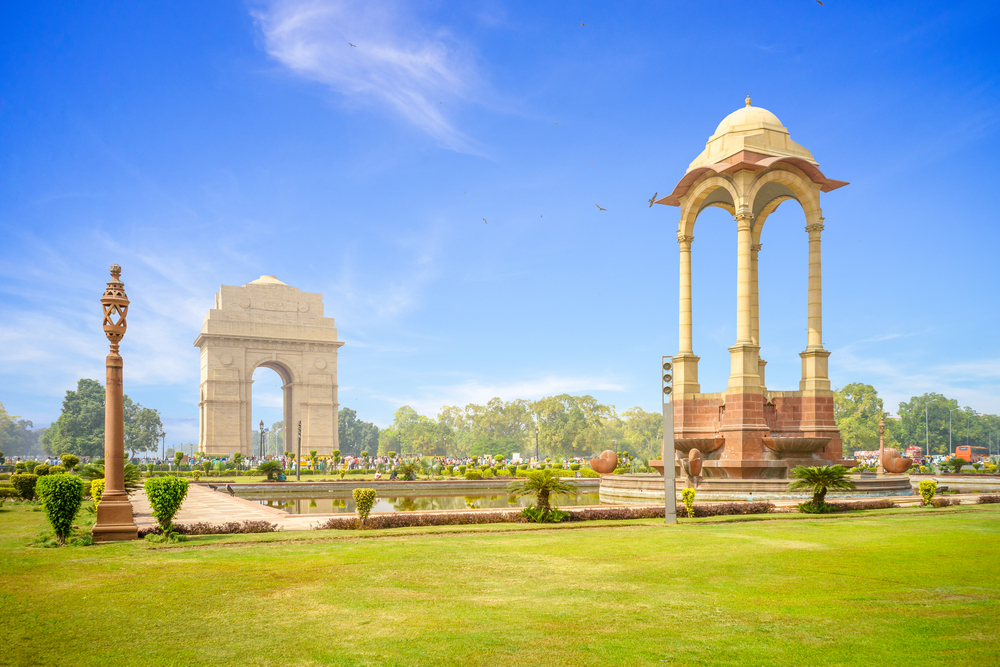
India’s capital territory has addressed plastic pollution through a broad prohibition on
single-use items. The street vendors have switched to using leaf plates and paper
bags. Government offices are also plastic bottle-free.
This has led to a drastic decline in plastic waste in monuments and parks.
Taiwan
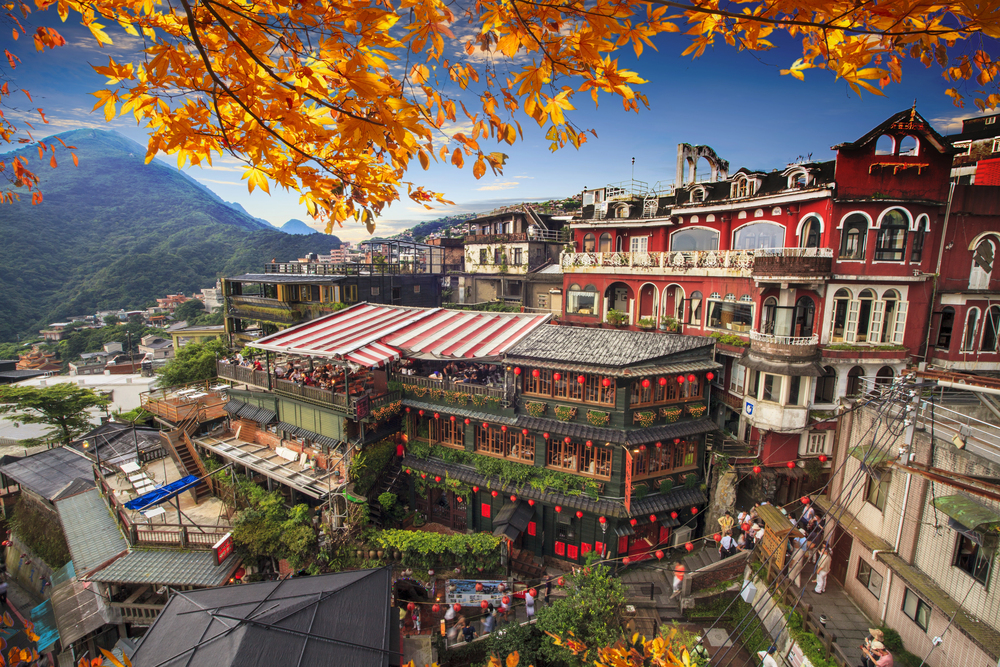
This island nation has implemented one of Asia’s most comprehensive plastic
reduction strategies. The government has created a timeline to eliminate all single-
use plastics by 2030.
Traditional night markets have transformed operations by embracing reusable containers and biodegradable packaging.
Chile, South America
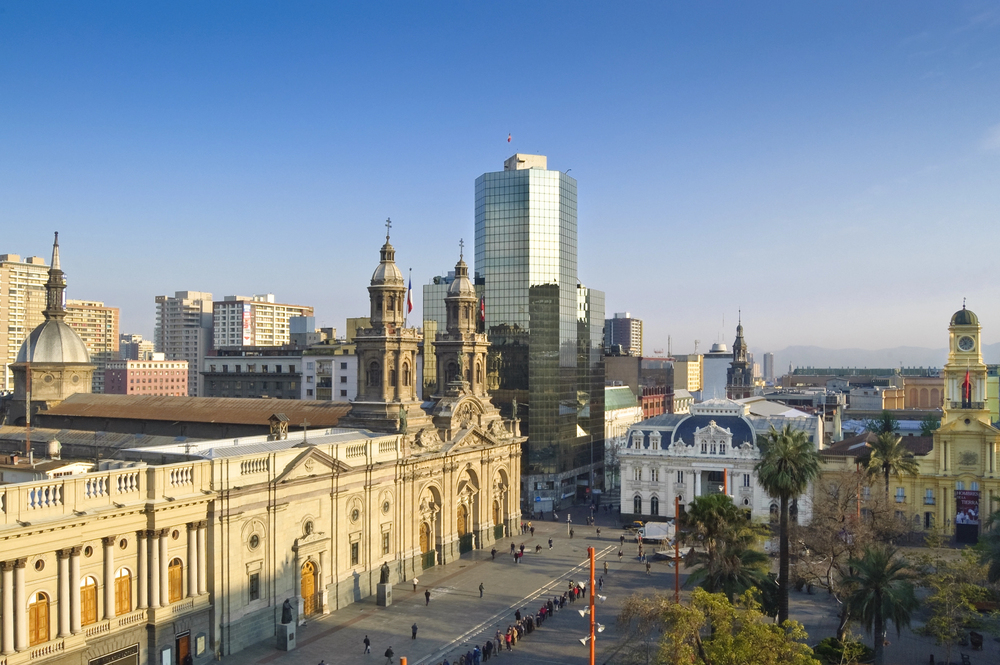
This South American nation became the first on the continent to ban retail plastic
bags nationwide. Marine plastic pollution has significantly decreased along the
country’s long coastline, and local communities have developed innovative recycling
programs and beach cleanup initiatives.
Like Travel Pug’s content? Follow us on MSN.
Kenya, East Africa
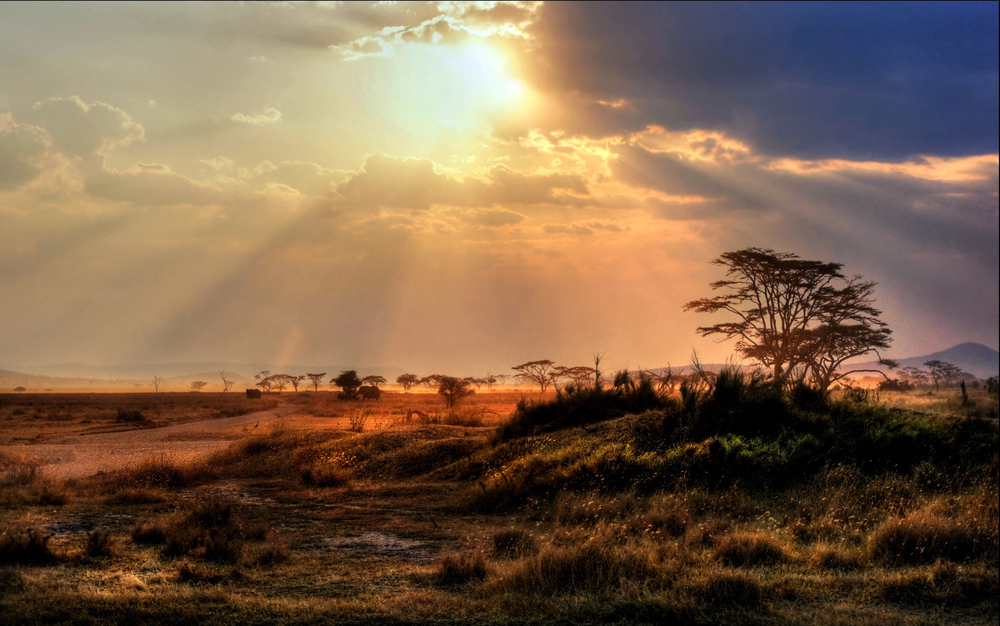
The nation has implemented the world’s strictest plastic bag ban, with hefty fines and
potential jail time for violators. Local manufacturers have shifted to producing eco-
friendly alternatives from natural fibers.
The country’s wildlife sanctuaries report fewer incidents of animals ingesting plastic waste.
Bali, Indonesia

The Indonesian paradise island has banned single-use plastics to protect its pristine
beaches and marine ecosystems. Local communities have revived traditional packaging methods using banana leaves and bamboo.
The island’s famous surf spots now remain free from plastic debris.
San Francisco, United States
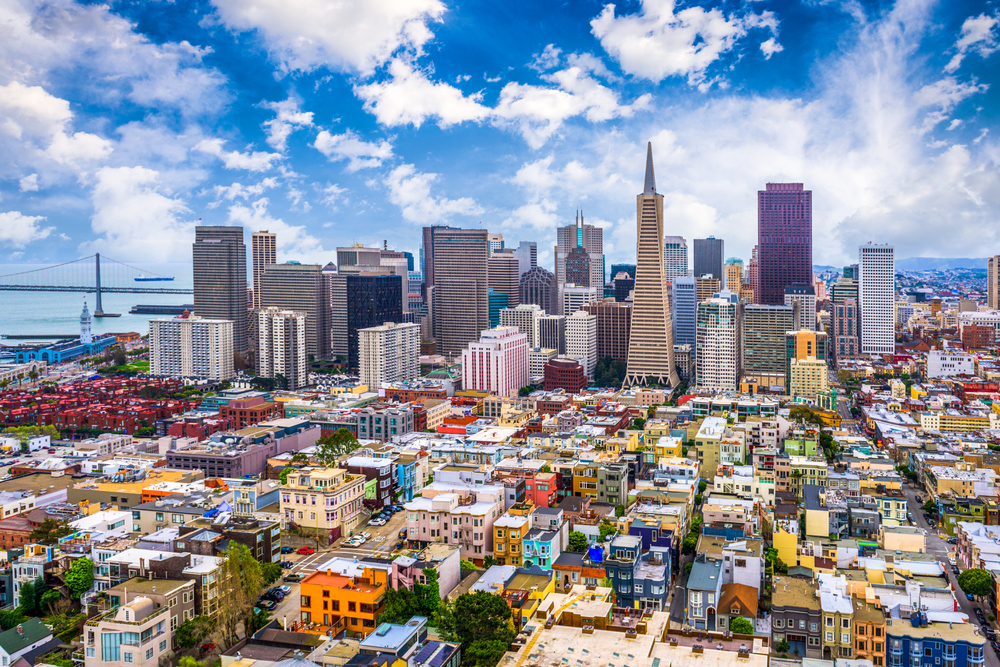
The City by the Bay was one of the pioneering cities in North America to begin
banning plastics, starting with shopping bags in 2007. This zero-waste movement
has led local businesses to create innovative packaging and delivery solutions that
clean the famous fog-shrouded streets.
Like Travel Pug’s content? Follow us on MSN.
Morocco, North Africa
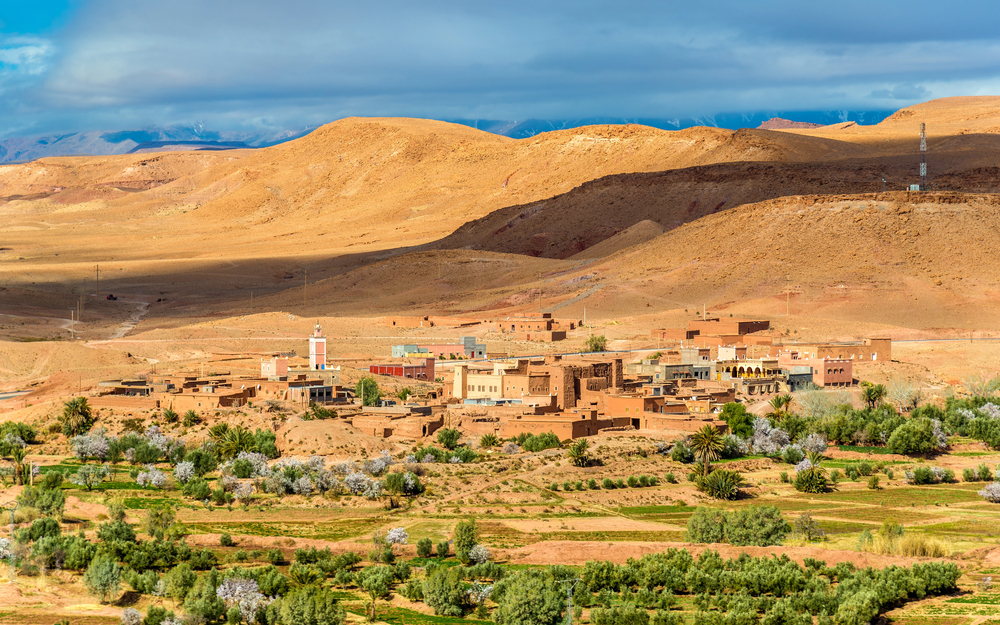
This North African nation has eliminated plastic bags through a comprehensive ban
affecting production and distribution. Traditional markets have returned to using
handwoven baskets and cloth bags.
The country’s ancient medinas remain free from plastic waste, preserving their historic charm.
Seattle, United States
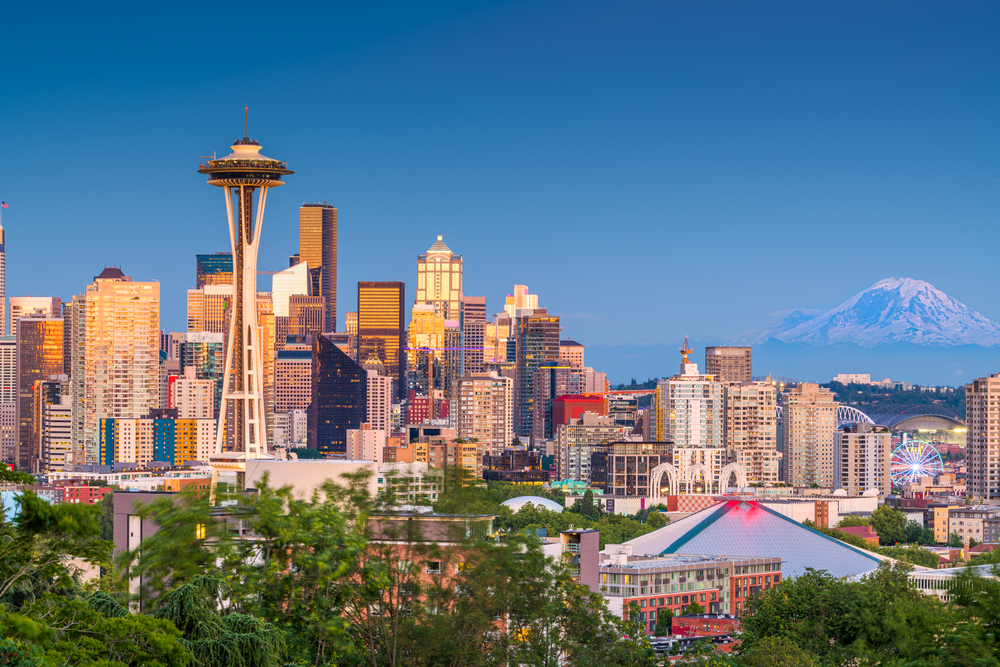
The Emerald City has implemented strict bans on plastic bags, straws, and takeout
containers. Local restaurants have pioneered sustainable alternatives, including
compostable packaging made from mushrooms.
The city’s famous Pike Place Market has become a model for plastic-free shopping.
Costa Rica
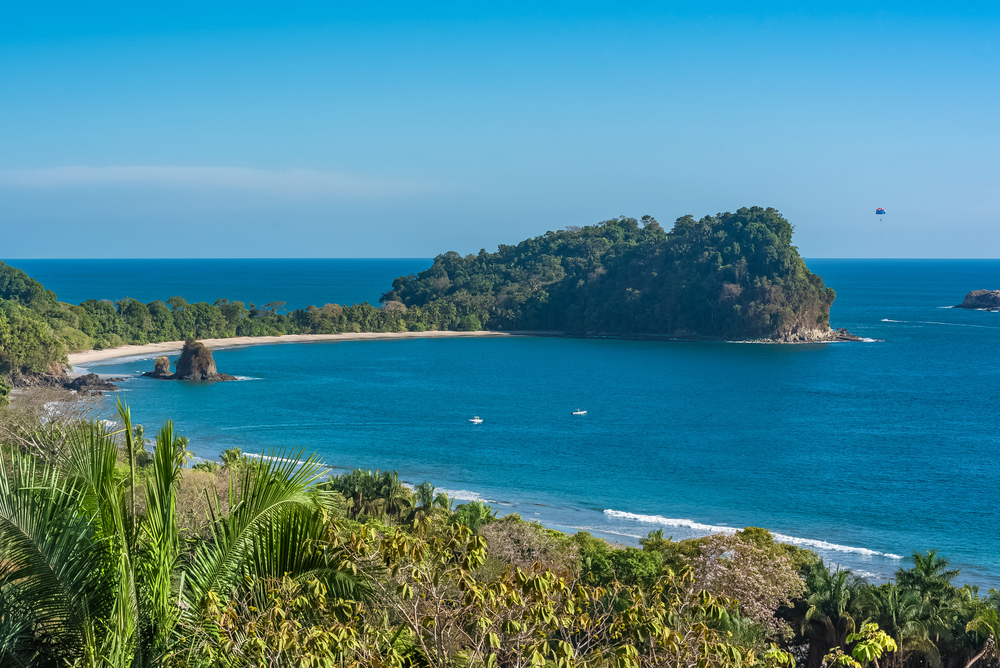
This Central American nation plans to eliminate all single-use plastics by 2025. Local
businesses have embraced alternatives from yucca, bamboo, and other natural
materials.
Thanks to these forward-thinking policies, the country’s renowned rainforests and beaches remain pristine.
Like Travel Pug’s content? Follow us on MSN.
Greece
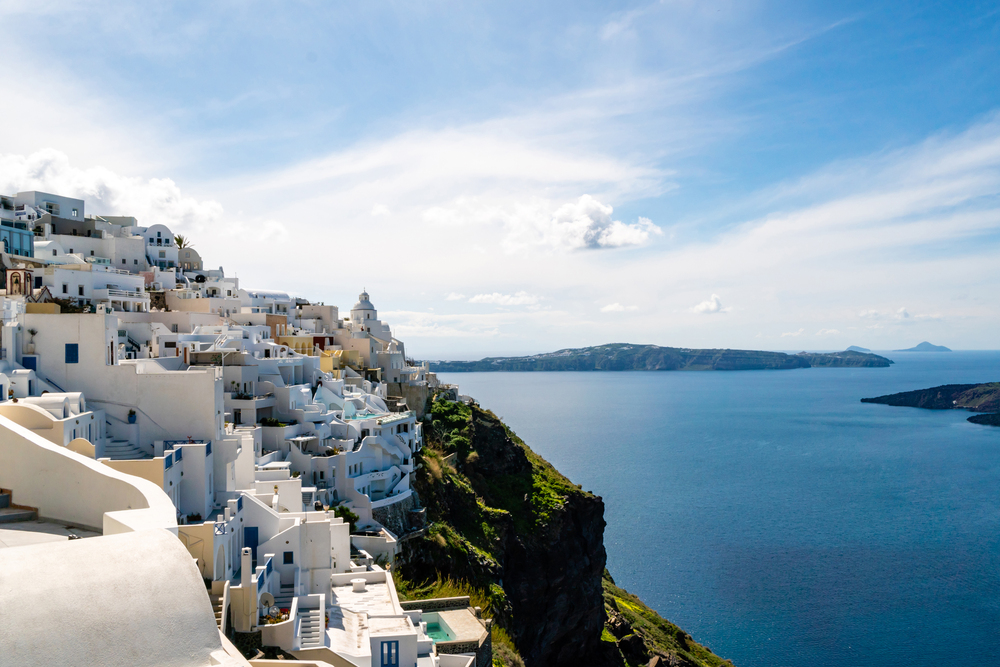
The Mediterranean has banned single-use plastics on all its islands and mainland
territories. Traditional taverns now serve food in ceramic dishes and water in glass
bottles.
The country’s ancient ruins and pristine beaches remain free from modern plastic pollution.
Maine, United States
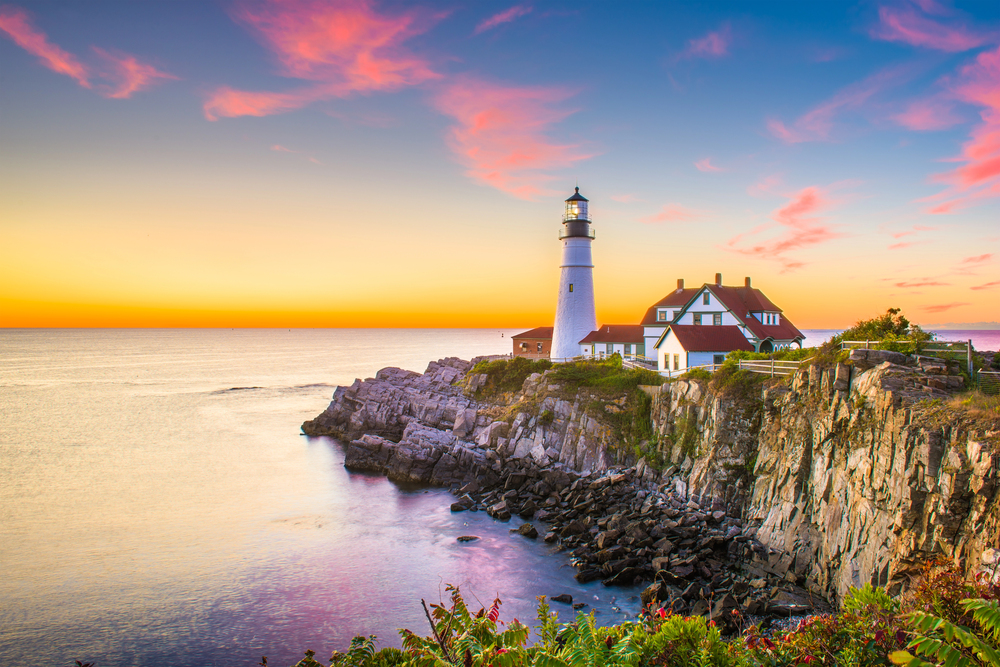
This northeastern state has implemented comprehensive bans on single-use bags
and foam containers. Local fishermen have pioneered programs to collect and recycle marine debris, and thanks to these environmental protection measures, the
state’s rugged coastline remains beautiful.
Jamaica, Caribbean
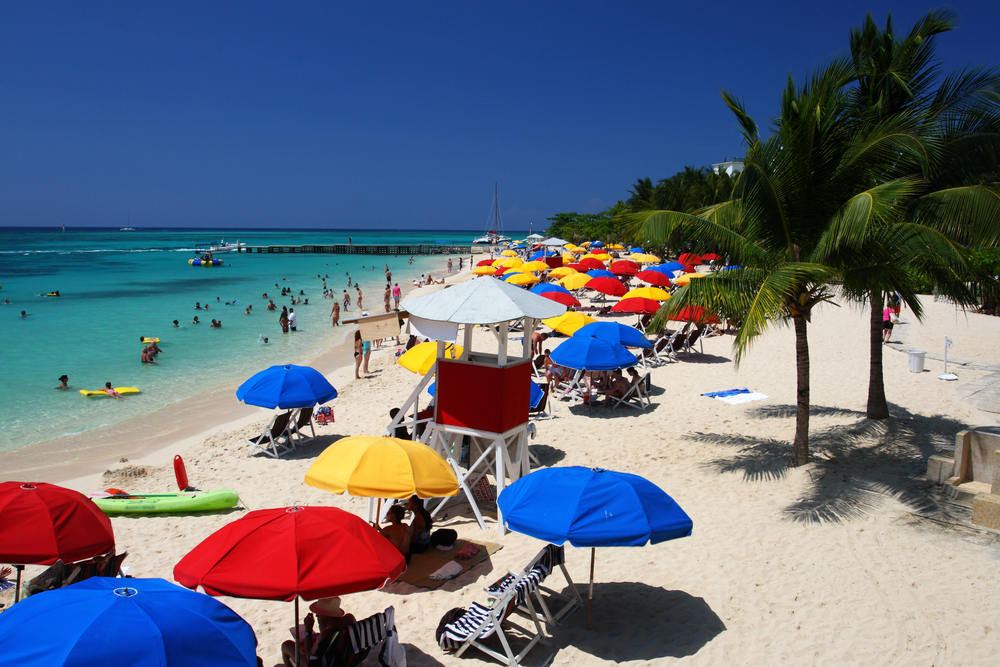
The island has banned imported Styrofoam, plastic bags, and straws to protect its
marine environment. Local craft markets now use traditional woven baskets and
calabash containers.
The country’s famous beaches remain clean and attractive to visitors.
Like Travel Pug’s content? Follow us on MSN.
Portugal
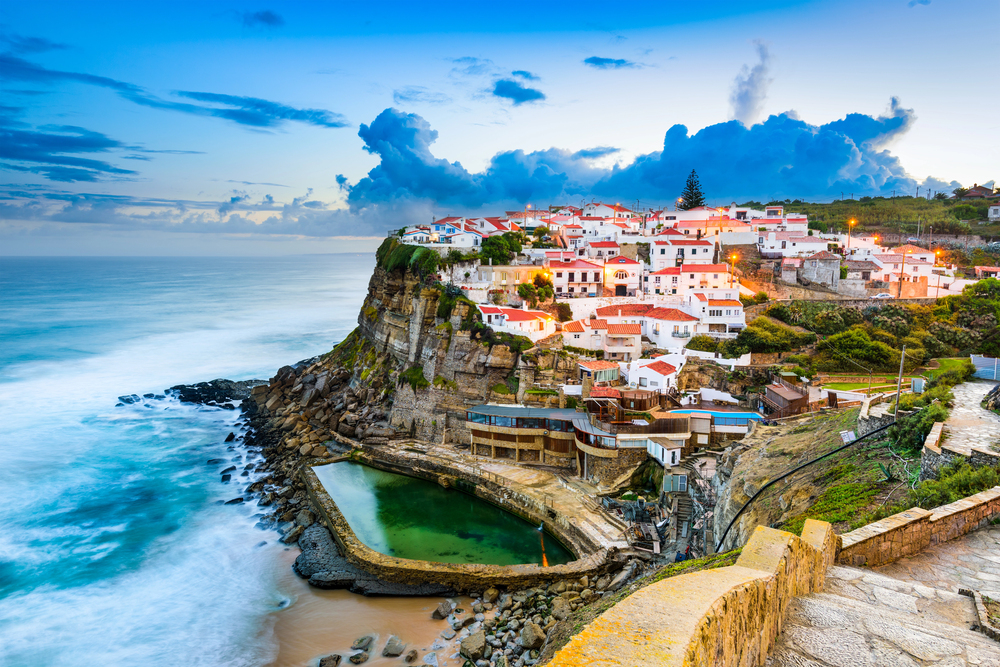
This European nation has eliminated single-use plastics through comprehensive
legislation and public education. Local cafes have returned to traditional ceramic
cups and plates for their famous pastries.
The country’s historic cities and coastal towns remain free from plastic waste.
Hawaii, United States
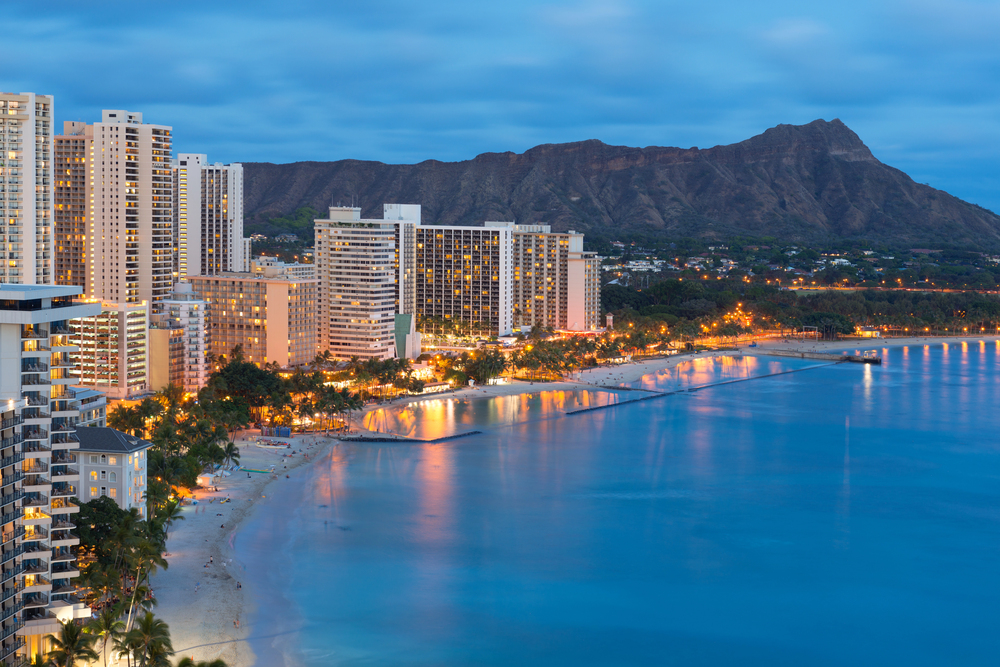
The Pacific island state has banned plastic bags, straws, and foam containers
across all islands. Local businesses have embraced traditional Hawaiian packaging
using ti leaves and banana fiber.
The state’s famous beaches remain pristine for both residents and visitors.
New Zealand
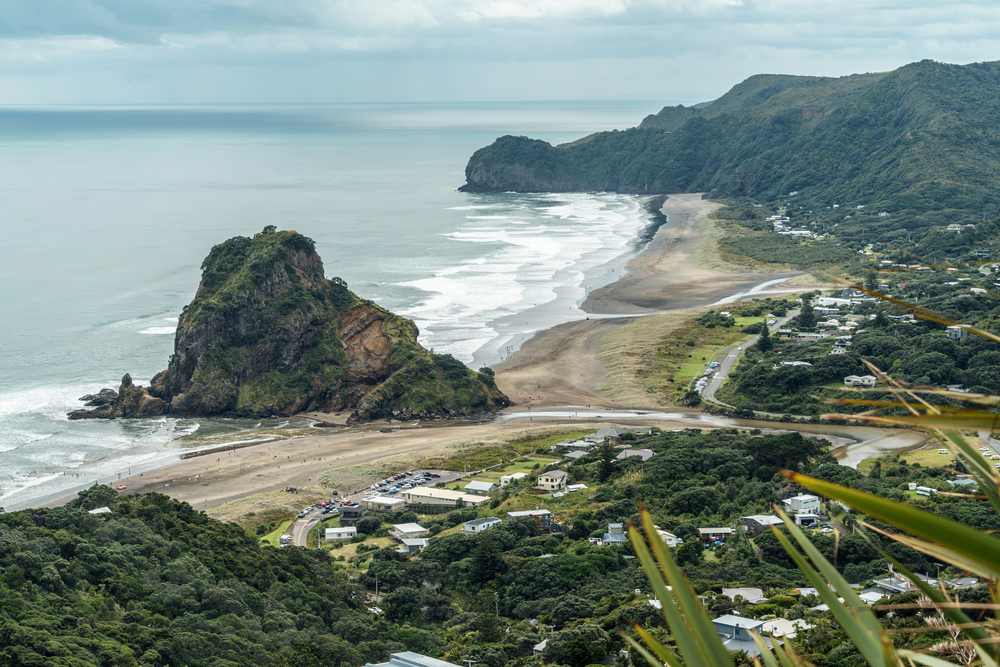
The island nation has implemented strict bans on plastic bags and microbeads
nationwide. Local Maori communities have revived traditional food wrapping
techniques using flax leaves.
The country’s stunning landscapes remain unspoiled by plastic pollution.
Like Travel Pug’s content? Follow us on MSN.
Our Plastic-Free Future
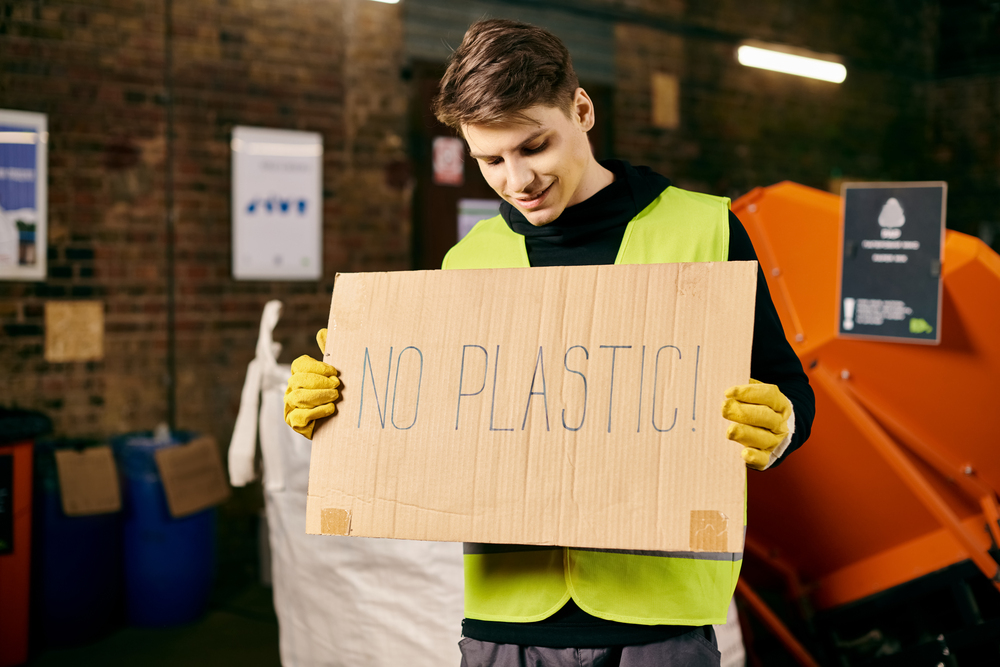
These pioneering destinations demonstrate that eliminating single-use plastics is
possible and beneficial for the environment and local communities. Their success
stories provide valuable lessons and inspiration for other regions considering similar
measures.
As more locations join this global movement, we move closer to a world where single-use plastics become a relic of the past.
More from Travel Pug

- 15 Dangerous European Cities to Avoid
- 15 Caribbean Islands Where Tourists Keep Getting Scammed
- The 20 Most Fascinating Abandoned Places: A Journey Through Time and Forgotten Spaces
- 15 Hidden Places in the Smithsonian Museums Locals Love: A Guide to Lesser-Known Treasures
- 16 Hidden Florida Beach Towns That Aren’t Overrun with Tourists
Like Travel Pug’s content? Follow us on MSN.
